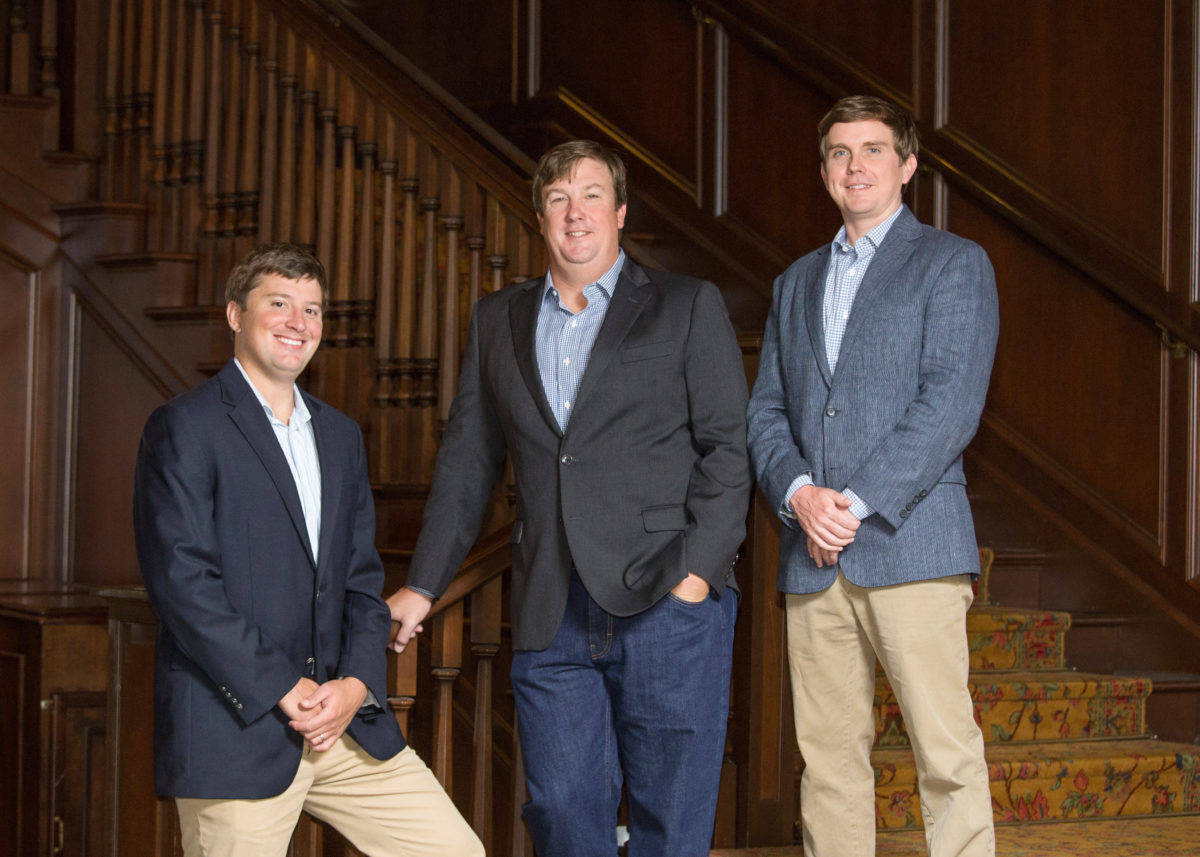Pursuant to the settlement of claims brought by whistleblowers, Dr. Mathew I. Gelfand and Enrico Montaperto, New York Downtown Hospital will pay $13.4 million to settle alleged false claims to Medicaid for “unlicensed inpatient drug and alcohol treatment services,” according to a statement by NY Attorney General Eric T. Schneiderman. The alleged scheme involved a conspiracy with an outside for-profit vendor who was allegedly paid kickbacks for patient referrals through an”administrative services agreement.”
According to the Attorney General’s complaint:
NY Downtown Hospital marketed and provided the inpatient detoxification services even though it did not have an operating certificate to do so, and that NY Downtown Hospital and SpecialCare Hospital Management Corp. violated federal and state anti-kickback laws through SpecialCare’s referral of patients to the hospital for its New Vision program, in exchange for a fee paid by the hospital.
Schneiderman praised the result and condemned those who would knowingly bilk federal and state-funded healthcare programs: “This settlement holds New York Downtown Hospital accountable for this scheme, and will make providers think twice before defrauding the Medicaid system. Together with our federal partners, we will leave no stone unturned in the fight to recover misappropriated money on behalf of New York’s taxpayers.”






At what point does a provider lose its license to operate?
Great Question!
First, the long answer: The Office of Inspector General for the U.S. Dept. of Health and Human Services (HHS-OIG) makes determinations whether and when to impose exclusions from the Medicare or Medicaid programs under the authority of sections 1128 and 1156 of the Social Security Act. The process for exclusion after that determination has been made is governed by regulations that implement sections of the Social Security Act. Usually, HHS-OIG will send a letter notifying an individual or company that exclusion is being considered and give the person or company a chance to plead its case directly to HHS-OIG. That process can take a long, long time. After that if HHS-OIG decides to exclude anyway, the exclusion may be appealed to an HHS Administrative Law Judge (ALJ), and then after that any adverse decision may be appealed to the HHS Departmental Appeals Board (DAB). Then, a federal district judge may review the DAB. Then, the federal appellate courts take over.
Now, the short answer: almost never. Many alleged recidivist people and corporations have been paying to settle false claims act cases over and over for years, with little to no interruption of the cash flow from the Medicare and Medicaid systems into their pockets. Some say that paying fraud settlements is just the cost of doing business for big health care companies that participate in the “pay me and chase me” Medicare system.